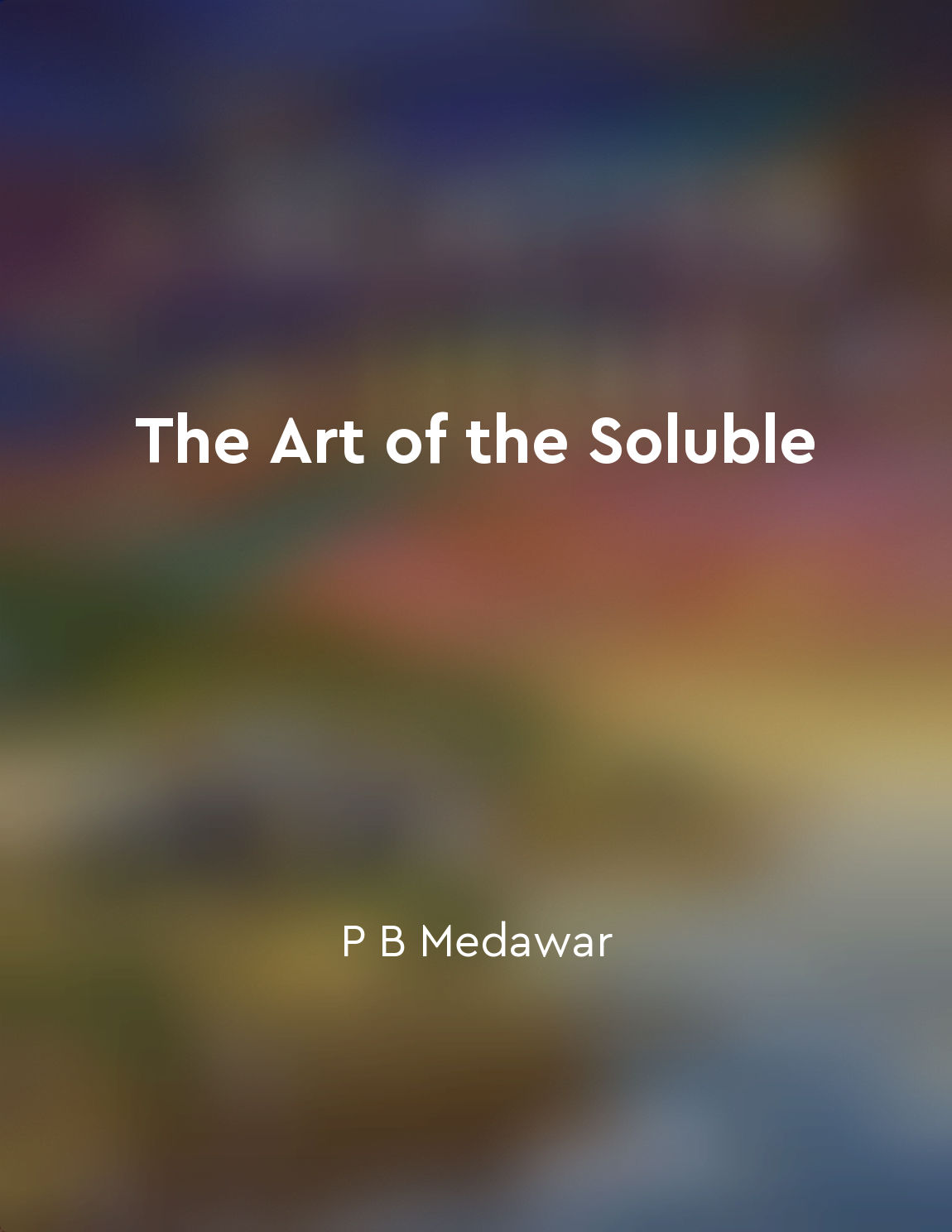Theories change with paradigms from "summary" of The Structure of Scientific Revolutions by Thomas S. Kuhn
In the normal course of scientific development, theories change with paradigms. A paradigm is essentially a set of beliefs and practices that define a scientific community's worldview. It is the framework within which scientists operate, guiding their research and shaping their understanding of the world. Paradigms provide a set of accepted rules and standards that govern the scientific community's activities, dictating the kinds of questions that are considered valid and the methods that are deemed appropriate for answering them. These paradigms are not easily discarded; they are deeply ingrained in the scientific community and form the basis for much scientific activity. However, as new evidence emerges that contradicts the existing paradigm, the scientific community may begin to experience a crisis. This crisis occurs when anomalies - observations that cannot be explained by the current paradigm - accumulate and the existing framework no longer seems adequate to account for them. In response to this crisis, scientists may begin to explore alternative paradigms that offer a different set of assumptions and a new way of interpreting the evidence. If one of these alternative parad...Similar Posts
Honesty is crucial in all relationships
Being honest in all relationships is a fundamental principle that cannot be overlooked. It forms the backbone of any meaningful...
Emotions influence decisions
In the course of human affairs, the influence of emotions on decisions is a matter of great importance. When we consider the na...
The book highlights the interconnectedness of scientific concepts
The interconnectedness of scientific concepts is a fundamental aspect of understanding the world around us. By recognizing the ...
Normal science is puzzlesolving within paradigms
Normal science, as I have argued, often seems to be puzzlesolving within paradigms. Scientists working within a particular para...
The more we know, the more we realize what we don't know
In the pursuit of knowledge, we often start with the assumption that the more we learn, the more we will understand. However, a...

Curiosity and wonder drive scientific discovery
The driving force behind scientific discovery can be traced back to a fundamental aspect of human nature: curiosity. It is this...
